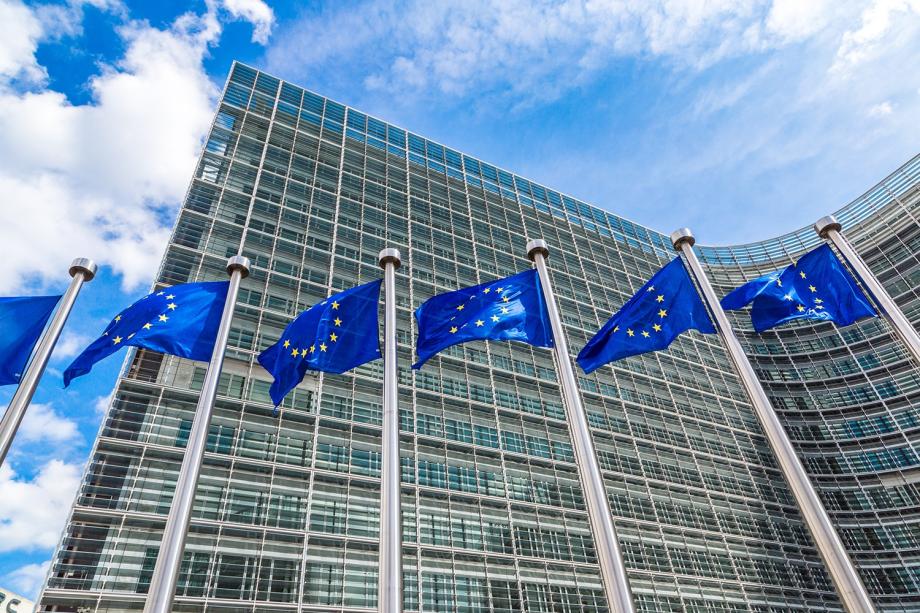Special European Council Summit —Foreign Policy and More

It has been over two months since EU leaders met last time in person in Brussels for the longest ever EU leaders summit (17-21 July 2020). Despite a bumpy road, they managed to agree on the most significant budgetary deal in the history of the union.
The arrangement was historic. Not just because of the overall amount of the European Recovery Programme but the fact that resources would be generated through EU bonds, pooling the creditworthiness of the Member States, which constitutes a political breakthrough, especially in the context of a traditional German reluctance for the mutualisation of debt. It is clear that without Germany’s willingness, who are now at the helm of the Council of the European Union, this agreement would not have been possible. It is also evident that even though the Franco-German motor is indispensable for European integration, it is not enough anymore. Without backing from the smaller but powerful member states that formed the Frugal Four +1 (Denmark, the Netherlands, Austria, Sweden and Finland), the deal would not be possible. Interestingly, the negotiation positions also show a new post-Brexit EU dynamic which pushed the small northern EU countries to voice their concerns out loud, unable to hide anymore behind a UK shield.
Despite the fact that we cannot expect such an extraordinary outcome this time, it is worth analysing what is on the agenda at the upcoming Special European Council Summit, which is taking place after a one-week delay. While Europeans have learned to work within the context of COVID-19, with EU Council President Charles Michel’s quarantine, we are once again reminded that there are still significant health and other challenges. Indeed, this Council might be the last one to takes place in person this year.
EU leaders will meet to discuss mostly foreign affairs, in particular, the situation in Belarus, and relations with Turkey, China and Russia (with the poisoning of Alexei Navalny). But they will also touch upon the digital transformation which accelerated during the COVID-19 pandemic, the single market and industrial policy. The European Council also cannot miss giving a briefing on the state of play with negotiations regarding the future relations of the EU and UK, as the deadline for agreement quickly approaches.
Belarus
One wish for from the Summit is that EU leaders could overcome a deadlock created during the EU foreign ministers meeting last week, regarding sanctions towards Belarus. This time it was Cyprus which prevented the consensus, demanding tougher EU measures against Turkey. If the EU wants to respond quickly to a rapidly changing international environment and speak with one voice, it should come back to the discussion of introducing QMV in foreign policy issues, as suggested by the former Commission and repeated on multiple occasions by high-level EU officials. Continuous stalling, according to the High Representative of the Union for Foreign Affairs and Security Policy Josep Borrell, puts EU’s “credibility at stake” on the international stage.
Turkey and the Eastern Mediterranean
The situation in the Eastern Mediterranean has been simmering for months now. EU Council President Charles Michel travelled recently to Greece, Cyprus, and Malta, attempting to learn on-site the real concerns. The escalation of threats and hostilities between EU members and Turkey is undesirable and dangerous, as Turkey plays an important role in the current migration deal. We do not expect to see an introduction of sanctions at this time, especially after the renewal of willingness for conversation between Turkey and Greece, yet, a bold statement and plan to move forward is essential to remind Turkey that the EU is willing to be a good partner, but is also prepared to protect its member states.
Russia
Relations with Russia will come up again in the context of Alexey Navalny’s poisoning. This week’s revelation that Chancellor Merkel has personally visited him in hospital shows undoubtedly the German EU Presidency’s stand—supporting Russian civil society. We expect that the EU Council will place urgency on the investigation of the poisoning by the Russian authorities and outline future steps; new sanctions, for example. Without satisfactory action from Russia, a renewal of constructive talks between the EU and Russia is not expected, something which President Macron hinted at before the incident. However, while some member states have been hoping that Germany will turn away from Nord Stream 2, it seems that the German government does not plan to change its course, unattaching the poisoning of Mr Navalny to its national policies, and presenting it as an EU foreign policy issue.
China
In her State of the Union address the European Commission President Ursula von der Leyen stated that “the relationship between the European Union and China is simultaneously one of the most strategically important and one of the most challenging we have.” The EU is finding itself walking a tightrope, with attitudes in members’ capitals hardening towards China. Yet, as we have seen, EU Council statements are often softened at the end. We do not expect groundbreaking conclusions this time around either.
Unofficial discussions
Despite the fact that it is not explicitly on the agenda but is closely linked to the function of the single market, EU leaders should also discuss preventing uncoordinated internal border closures in a second wave of the COVID-19 pandemic. Let’s hope that the EU has learned its lessons in the first half of this year and will do its best to restore smooth functioning of Schengen, which is truly one of the greatest achievements of European integration.
With the new Migration Pact proposal out last week, some unofficial discussion among the member states will take place on this summit. Mixed responses from the governments have occurred so far, but we expect that in the coming months there will be intense negotiations. As the budgetary deal has already shown us, where there is a will, there is a way.
Additionally, we suspect that as the deadline for National Recovery Plans approaches, member states’ representatives will be excited to discuss the EU Recovery Package, hopefully exchanging good practices.
Lastly, it would not be surprising if the Prime Minister of Bulgaria Boyko Borisov will be questioned on the current situation in the country. With protests demanding change such as the end of corruption and deep reform, even though the government is not being very responsive, Bulgaria yet has the potential to become another “problem” for the EU.

Associate Fellow, Centre for Global Europe